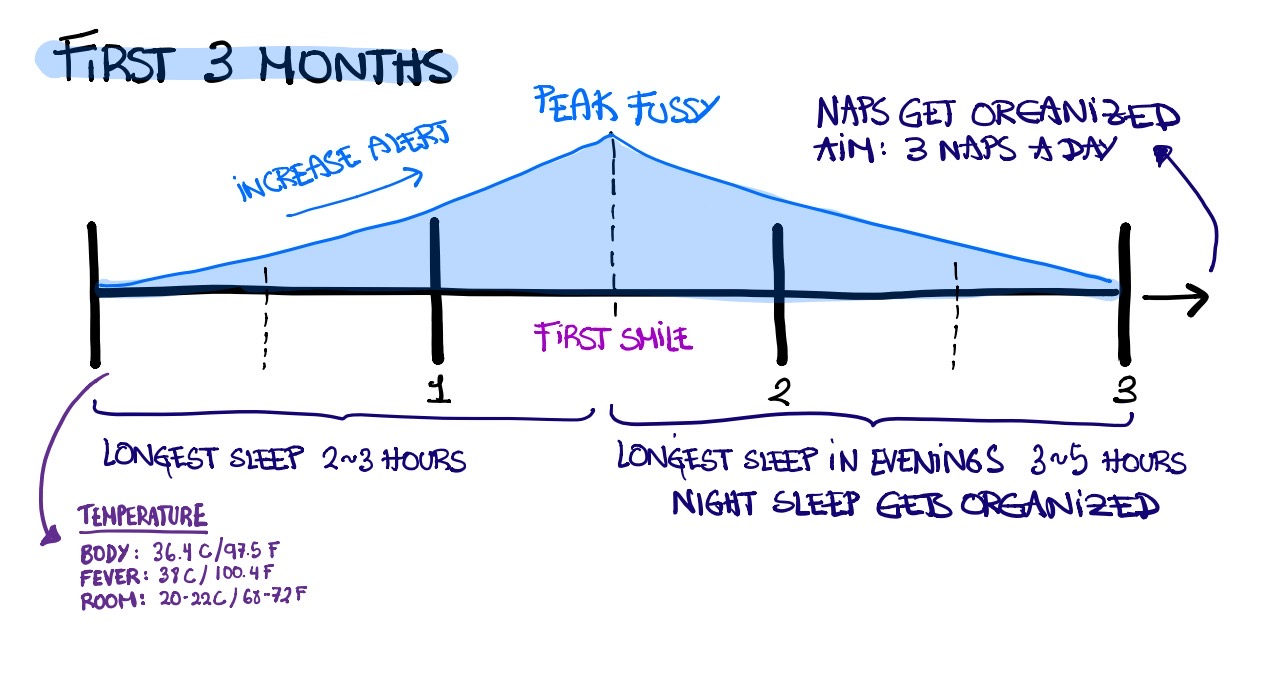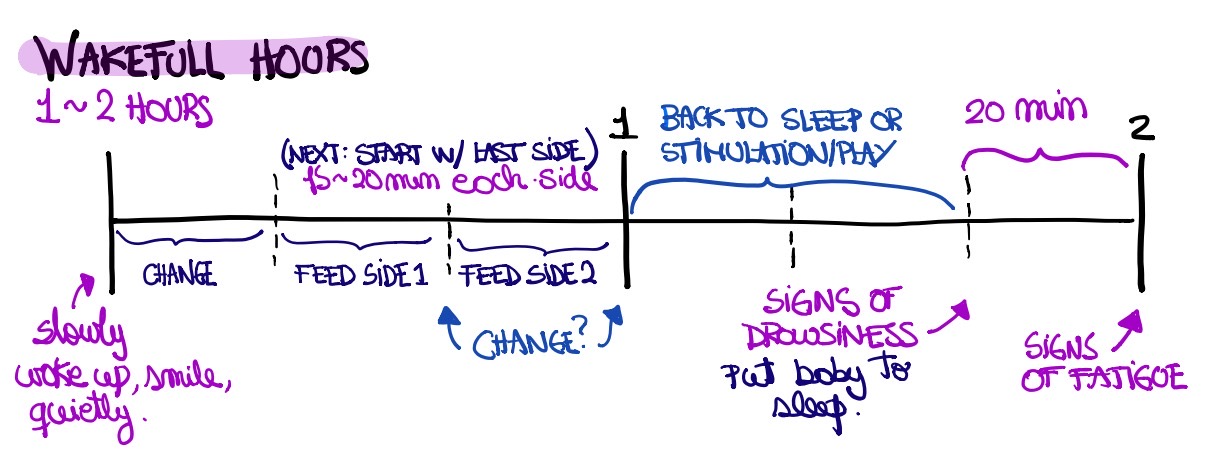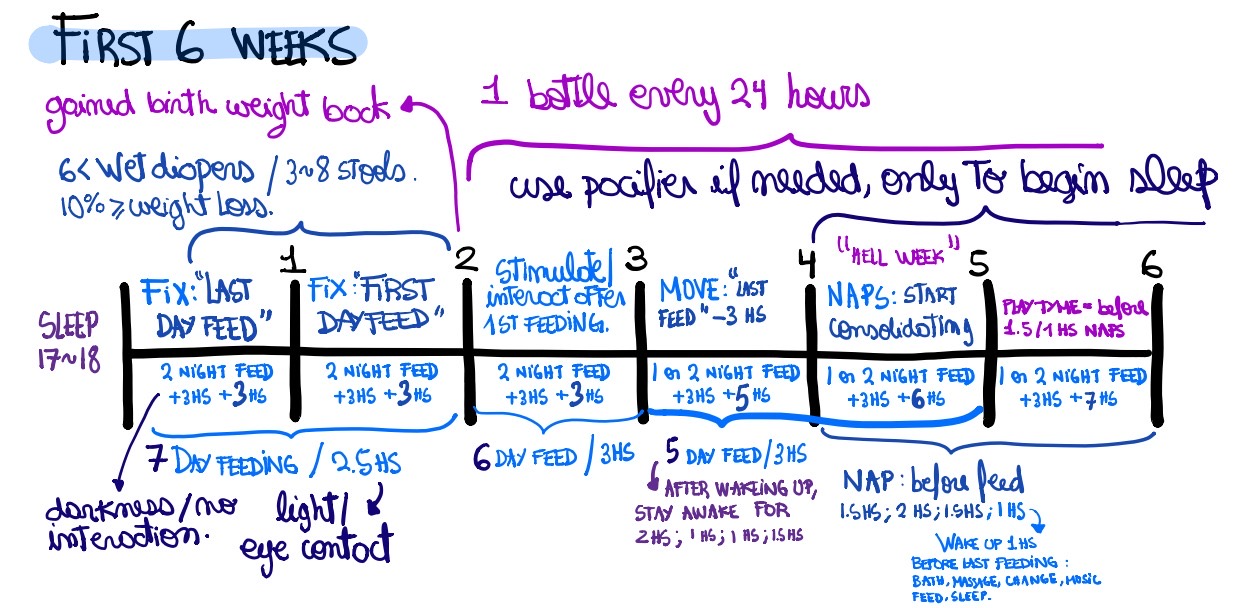Some thoughts on parenthood
When we decided to have our first baby back in 2017, there were so many questions we would have loved to have answers to. So many concerns and doubts, and so much written about so many things - from how to maximize likelihood of becoming pregnant (or of actually giving birth) to which month should a child be born to optimize their university chances. In the world of research and human experiments, information can get quite overwhelming!
In the world of paper-backed baby/child books, we did enjoy reading Cribsheet: A Data-Driven Guide to Better, More Relaxed Parenting, from Birth to Preschool by Prof. Emily Olsen, who also has a useful website ParentData to “Find the data-driven, judgment-free answers you’re looking for on trying to conceive, pregnancy, parenting, and beyond.”.
But among what helped us most were a couple of books that reminded us we are not special, we are not unique, and neither are our children. We are part of a humongous world where statistics can be analized. And yes, we might be in one of the tails one way or another - and often want to be in those tails - but yet, we will often fall right in the middle of the bell of that normal distribution. Then, it will be up to us to work towards those tails.
The first book is Healthy Sleep Habits, Happy Child, 5th Edition: A New Step-by-Step Guide for a Good Night’s Sleep by pediatrician Marc Weissbluth M.D. from Chicago, recommended to us by old friends Bea and Jeff Russell with whom we worked in Oxford a long time ago. And they were so right! The second book is Cherish the First Six Weeks: A Plan that Creates Calm, Confident Parents and a Happy, Secure Baby by Helen Moon, recommended by my fellow mathematician Heatehr Harrington, who I hadn’t met at the time but she sent the unsolicited advice which we still hold now dear to our heart.
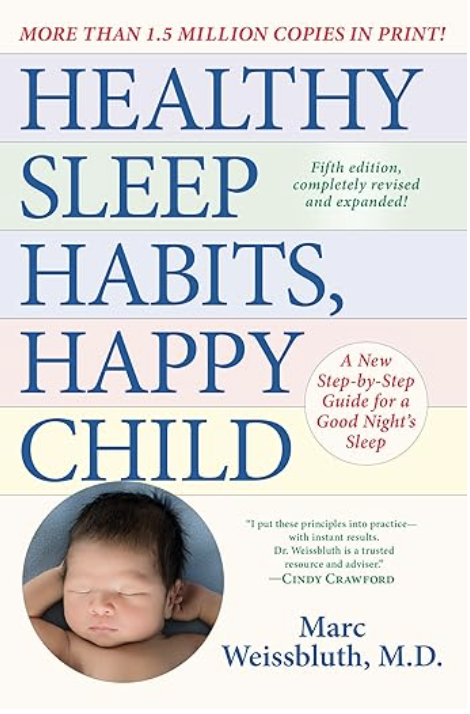
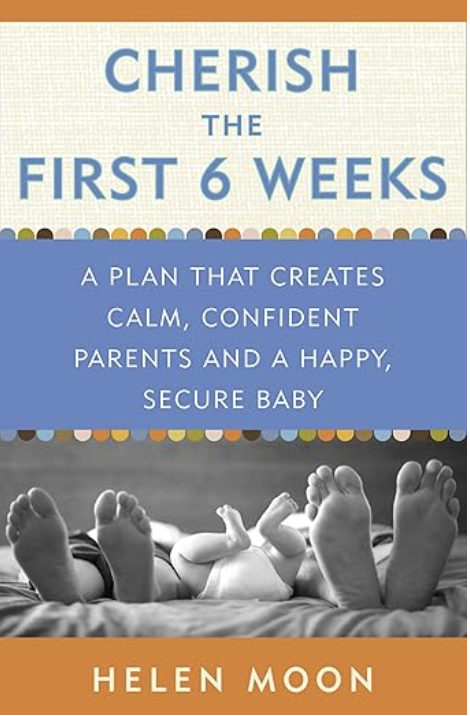
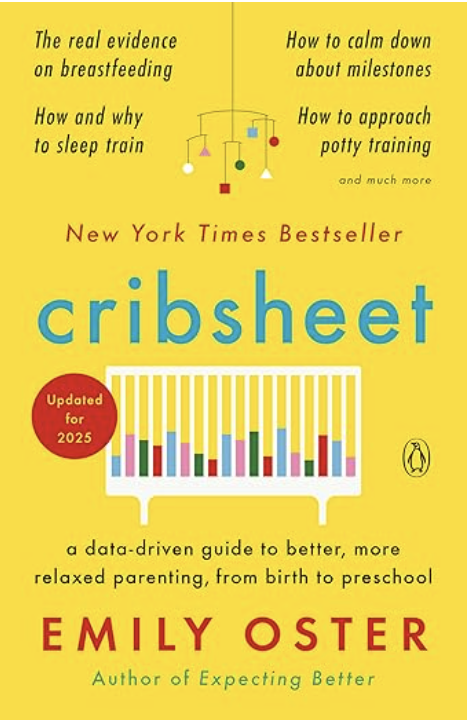
These books can get overwhelming. The first one has a cheat sheet at the end of each chapter for the sleep deprived parents - super useful. The second one assumes you can do magic and train your kid in just 6 weeks. We took the first book and studied it a bit - then we took the second one and converted 1 week = 1 month. Then, the two together, gave us the recipe that worked for us. My graphs, which ruled our life (together with the Baby Tracker App) during 2018-2021, are below:
